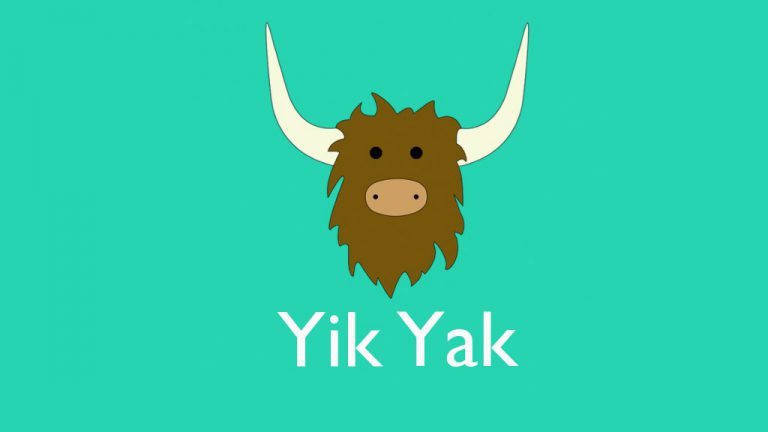 Free speech, academic freedom and education groups are urging the U.S. Department of Education to reject a call to restrict student speech by banning social media services like Yik Yak on college campuses.
Free speech, academic freedom and education groups are urging the U.S. Department of Education to reject a call to restrict student speech by banning social media services like Yik Yak on college campuses.
In an April 4 letter to the department's Office of Civil Rights (OCR), the National Coalition Against Censorship (NCAC), American Association of University Professors (AAUP), Foundation for Individual Rights in Education (FIRE) and the Student Press Law Center (SPLC) argued that interpreting Title IX harassment law to include speech that some students find offensive could not only threaten students' speech rights, but also undermine their education and efforts to promote equity on campus.
Complaints about offensive messages at a number of institutions have fueled arguments that schools should block access to services like the anonymous messaging app Yik Yak. A situation at the University of Mary Washington (UMW) in Virginia last year led a campus group called Feminists United to file a complaint alleging that online harassment of female students violate Title IX, the law prohibiting sex discrimination in education.
Much of the objectionable speech was posted on Yik Yak, where hundreds of messages were reportedly directed at Feminists United and some of its leaders. The group made several complaints to school administrators, and in March UMW president Richard Hurley sent a campus email saying that some students had "engaged in behaviors that I find repugnant and highly offensive." The school maintained that while it took threats seriously, the First Amendment protected students' right to speak freely– even when that speech might be considered offensive, cruel or demeaning. The UMW case acquired a tragic aspect after a woman student, who had been active in the feminist protests, was murdered. A former roommate has been charged, and there is no claim that the online messages are connected to the crime.
The coalition's letter argues that the OCR must act with caution, since "verbal harassment claims must be evaluated within limits set by the First Amendment." While some of the messages cited in this case would certainly be considered demeaning or insulting, the fact remains that
Institutions of higher education have no control over what students say on social media and cannot be held legally responsible for their private speech. Moreover, because the vast majority of speech on such platforms is not even arguably discriminatory or harassing, any attempt to restrict access to social media would be overbroad, sweeping up vast amounts of protected speech.
The letter also argues that beyond the UMW case, the Office of Civil Rights' definition of harassment—expressed in controversial "Dear Colleague” letters — poses more profound threats to free expression, citing cases in which “women faculty members who addressed issues of gender, sex, and/or sexuality were penalized for their speech because some who heard it found it offensive or objectionable.” The letter states:
It was never the intent of Title IX to chill debate and discussion over controversial topics, much less to target women expressing controversial views on sensitive topics or violating social norms defining “ladylike” behavior.
OCR’s overbroad approach to enforcement not only penalizes protected expression and chills speech about legitimate if sensitive topics, but also “upend[s] the lives of affected individuals and generate extensive, expensive, disruptive, and unnecessary investigations.”
The letter concludes that free speech is essential to the fight for equality: “[I]t was the exercise of First Amendment rights itself that enabled the movement for equality to advance.” Even now, the right to free speech is important to protect the ability to “advocate for a more open, inclusive and equitable campus culture, including protecting the right to protest behavior that may be offensive, but not unlawful.”
Read the full letter below; click here for full screen view.
[scribd id=307222443 key=key-qQxULKVfkpsgEz5sKzTO mode=scroll]


